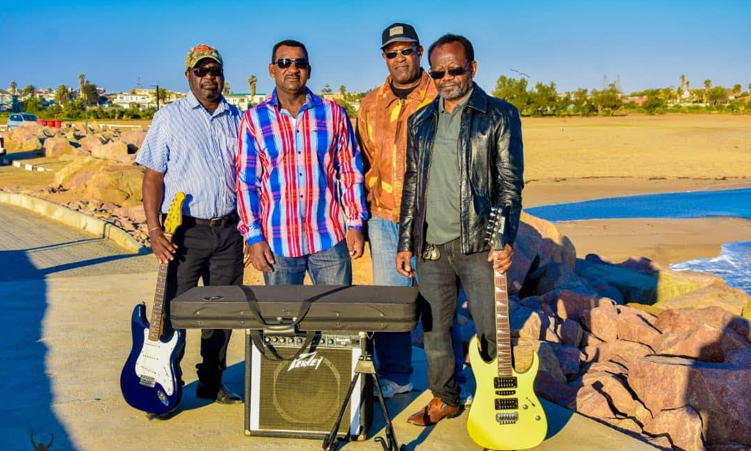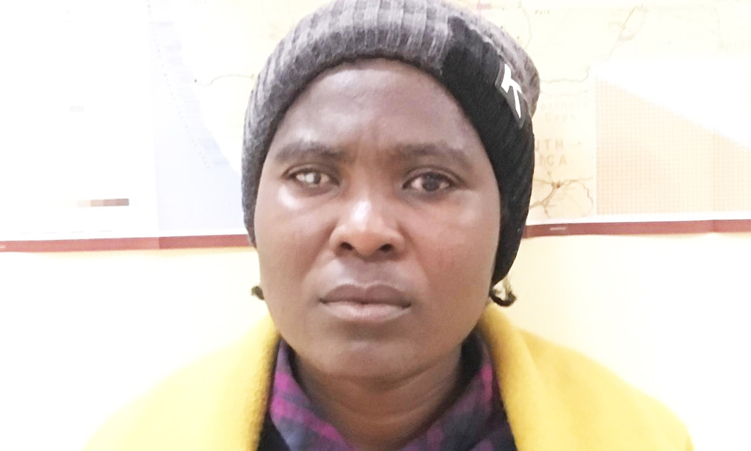Live bands in Namibia are struggling to keep up with the hype surrounding R&B and kwaito artists who usually perform using a backtracking system, alongside dancers.
Some music fans have been calling for artists to do away with backtracking (audio recordings of instruments) and to start performing live.
However, attendance at live shows is still low and live bands often struggle to secure well-paid gigs. As a result, most band members live hand to mouth and have to be content with the scraps they receive.
Then there is the longstanding issue of not having adequate instruments, including a decent sound system, which can be attributed to a lack of financial means.
Taking all these aspects into consideration, outspoken M-Connection lead singer John Narib doesn’t mince his words when he says the blame for the perceived demise of live bands lies squarely with venue owners.
“The situation in which live bands find themselves today is very sad. We have been keeping people happy and we have been entertaining families for years before independence. We continued the trend after independence and people have been dancing to our music.
“We have been playing at political rallies and you see the happiness on the faces of the people. However, it is getting more and more difficult now to stage shows at decent venues around town. The people are asking astronomical amounts for their venues,” Narib says.
Regarding the instruments and sound system, the Swakopmund-born singer expresses dismay that a government institution like the Ministry of Information and Communication Technology makes it almost impossible for bands to rent their sound system.
“The government knows and understands the plight of the artists in this country and should be reasonable and make their rental prices more affordable. Are they not supposed to be a government of the people and understand where we are coming from?”
Narib says the ministry has a sound system in almost every big town and settlement where it is represented.
“It is a good idea that they can help the bands with their sound system but what does it help if their officials make it impossible to hire them?”
Although live bands were very popular during the 1970s, 80s and even 90s to an extent, so much so that they used to fill up venues, the same cannot be said today.
Reggae star Ras Sheehama says music has evolved, and older people don’t attend live gigs as much as they used to do when they were younger.
“People of my age and older don’t really want to go out, and our music scene is now left in the hands of the young generation. Music has evolved, and for them live music is all about putting a CD into a player and mimicking, supported by your well-choreographed dancers.
“As long as they see a live performance in front of them, they are just too happy to spend their money and go enjoy themselves. I blame the ignorance of our youth and the lack of national live music festivals that could educate our youth about what live music is all about,” says Sheehama.
The ‘Cassinga’ hitmaker also decries the absence of creative and innovative people in key public institutions like the National Arts Council of Namibia (NACN), which is supposed to operate in the best interest of the country’s artists.
“I refuse to buy into the notion that there is no money, because it will not require millions to host such an event. Namibia is the only country in southern Africa that doesn’t have a national music festival where all the live bands are supposed to perform,” Sheehama says.
“I shudder if I have to think about our live musicians 10 years from now. Not only that, we are busy teaching young people how to play music instruments at the College of the Arts but not interrogating the fact that there won’t be a future for live music unless we act now.”
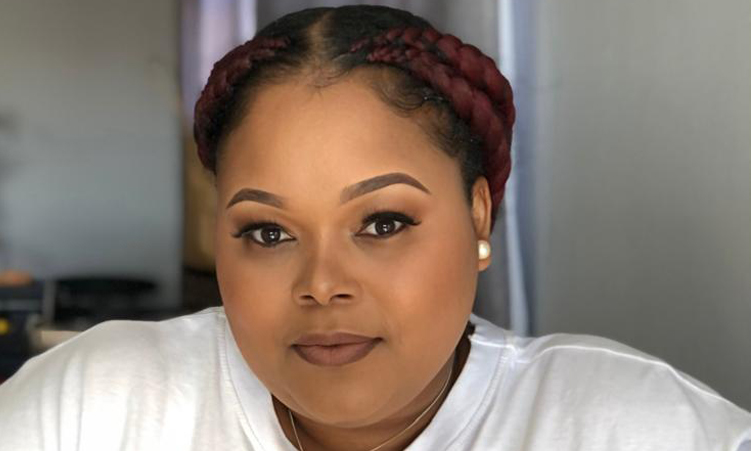
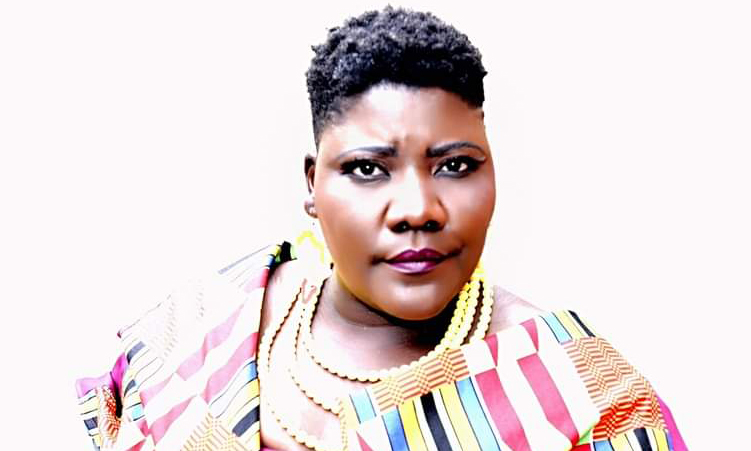
Sheehama says he can’t understand why a popular spot like the Warehouse Theatre in Windhoek was closed because it was the only affordable venue in the centre of the city to which music lovers could go freely and without fear to enjoy an evening of dancing.
He says live bands are purposefully held back. However, he urges live musicians not to be discouraged or stop doing what God has gifted them.
“Maybe someone up there in the highest office will come to their senses and things will change for the better.”
Award-winning singer and songwriter Erna Chimu, who echoes both Narib and Sheehama’s sentiments, says venues are few and often too expensive for bands to host their own shows.
“Additionally, the necessary backline and sound equipment are costly, forcing many bands to switch to semi-acoustic performances to save money. Live bands also require changing rooms, which are also non-existent at some venues.
“Moreover, bands are more expensive to hire compared to performers using backup tracks, leading many to opt for the cheaper alternative,” she says.
Chimu adds that some event organisers don’t understand the importance of live music, resulting in poor treatment of artists, such as musicians not being paid on time.
The former Namibian artist of the year says both artists and organisers need better education on professionalism to improve the live music scene.
Needless to say, the vocal abilities of Namibian songbirds like Chimu, Esme Katjikuru and Sharon van Rooi can still see South African audiences eating from the palms of their hands. However, something we can learn from South African music fans is that they first support their own before they appreciate artists from further afield.
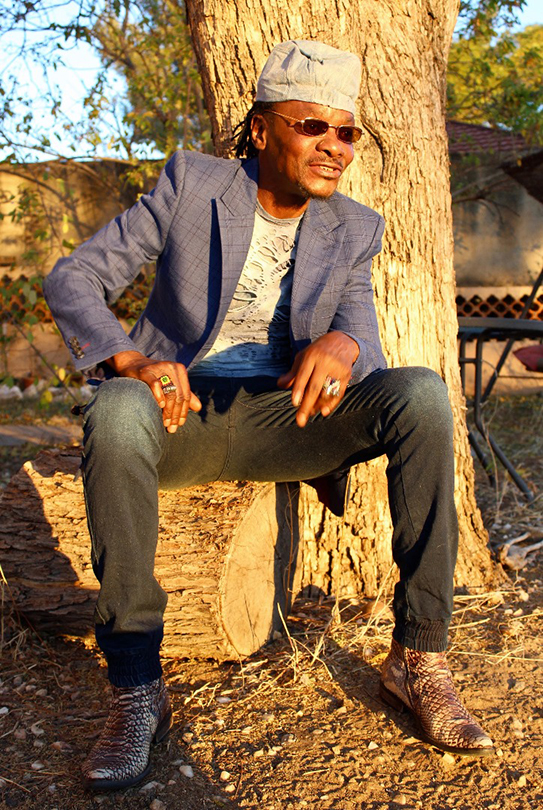
Meanwhile, Narib advises the Namibian Football Association to follow the concept used by their South African counterparts of introducing live bands at their cup games because music could add to their attendance numbers at the stadiums.
While acknowledging the struggles of the artists, Stella Naruses, a singer and co-owner of Welwitschia Music Productions (WMP), also castigates some of her fellow artists for their lack of responsibility and professionalism.
“We can spend the whole day decrying the poor treatment our artists receive from event organisers, but some of our artists need to grow up, as well. Being someone who hires bands a lot for my products, it is very shocking to deal with some of these band members.
“Having said that, some of our colleagues in the music industry receive sufficient funds for projects submitted to the NACN, but the money is never utilised for the purpose it was requested for. Our people are not being honest in their dealings,” she says.
Naruses further says there are instances in which artists use the name of WMP to solicit funds from the NACN to produce an album, but later they change their minds, demand a refund and opt for backyard producers.
As much as one condemns the sorry state of the Namibian live band scene, it goes without saying that both organisers and artists should take heed of Chimu’s advice to be better educated in terms of professionalism if we have any hope of saving the live music scene.
Stay informed with The Namibian – your source for credible journalism. Get in-depth reporting and opinions for
only N$85 a month. Invest in journalism, invest in democracy –
Subscribe Now!


